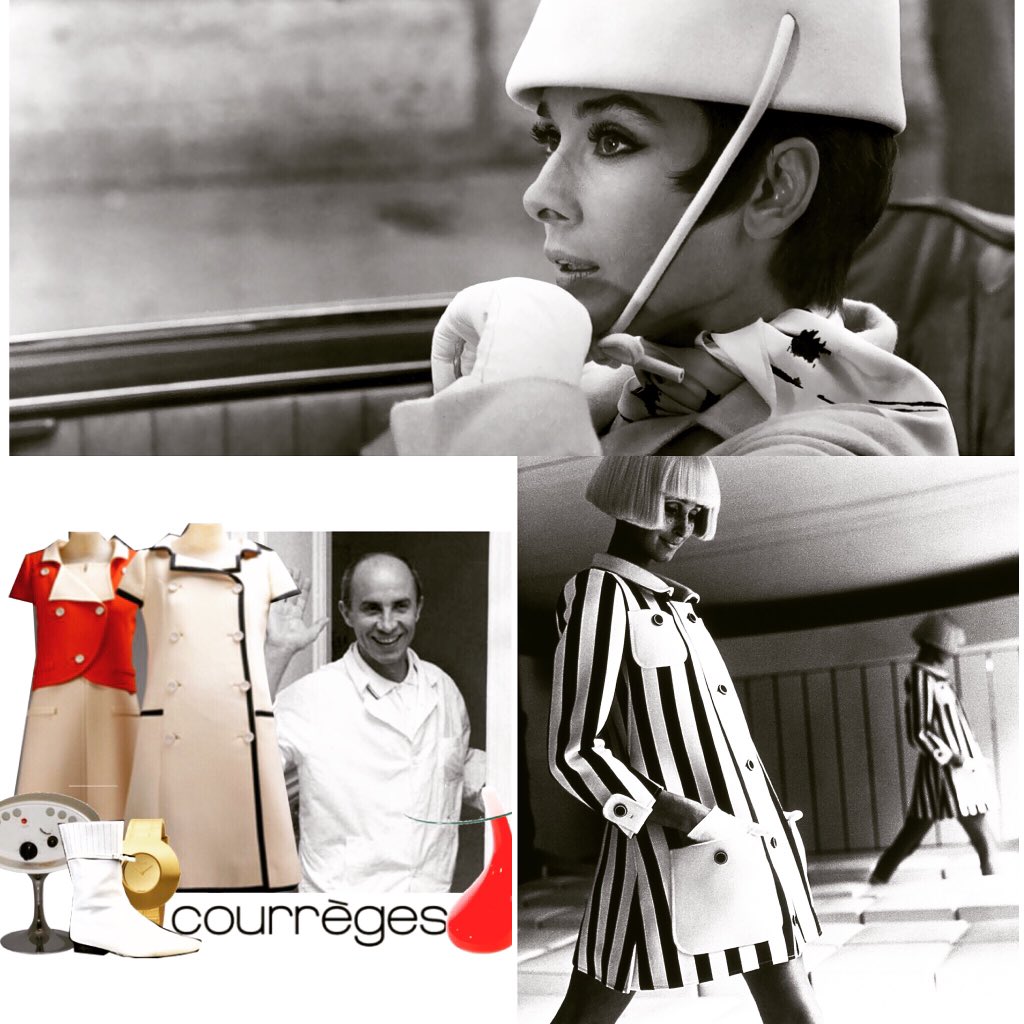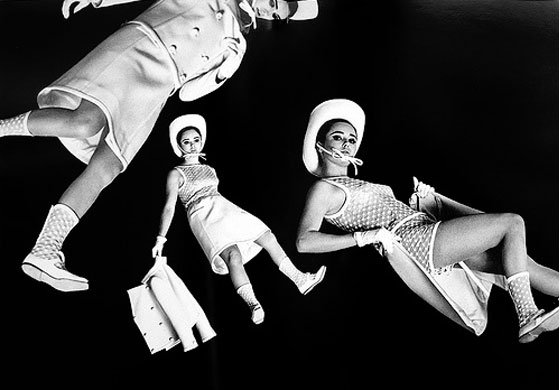Designer André Courrèges, Master Of Miniskirts And Go-Go Boots, Dies

Designer André Courrèges, Master Of Miniskirts And Go-Go Boots, Dies
French designer André Courrèges, whose futuristic dresses, bold
glasses and go-go boots inspired a horde of imitators,
has died at 92.
Courrèges left fashion design in the '90s, dedicating himself to painting and sculpture, Vogue says.
Courrèges died after three decades of living with Parkinson's disease, Vogue says.
The designer studied engineering as a young man, before turning to fashion and textiles, the Victoria and Albert Museum writes.
He worked at Balenciaga for a decade before launching his own fashion
house, with the help of his wife and business partner, Coqueline
Courrèges, a designer who was also mentored by Balenciaga.
His company's website provides a pithy rundown of his early accomplishments:
"Opens his couture house in 1961. Thanks to him, women discover pants in 1963. Revolution in 1965. Miniskirt."
Hyperbole aside, Courrèges certainly did help transform women's pants from casual clothing to a haute couture item.
And along with British designer Mary Quant, he is indeed widely credited with popularizing the miniskirt.
Courrèges' clothes had an ultramodern vibe to them — his 1964 line
became known as the "Space Age" or "Moon Girl" collection. His
trademark colors were white and silver; his signature style, rigidly
constructed clothes with sharp lines and trapezoidal shapes.
At
times, the master of Mod pushed the boundary between "clothed" and
"naked," with clothes featuring prominent cutouts and transparent
materials in addition to sky-high hemlines.
He brought the
world go-go boots when he began dressing his models in low-heeled,
calf-high white boots of vinyl or plastic. Pairing those boots with
trapeze dresses, cropped jackets, goggles, helmets and gloves — and
visual cues taken from space exploration — he crafted an instantly
recognizable, and frequently copied, aesthetic.
"To
make something that is true to life — that is what work is all about,"
the designer said in 1963. "I don't care if I stay small or grow large,
make money or not. That doesn't matter. What matters is the truth; to
create a true thing."
Courrèges left fashion design in the '90s, dedicating himself to painting and sculpture, Vogue says.
He and his wife sold the Courrèges fashion house in 2011. Under a new generation of artistic directors, his signature aesthetic continues to appear on the world's runways.




No comments:
Post a Comment